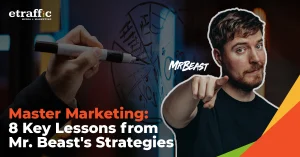![]() Posted by Cameron Francis
on
13 Sep , 2018
in
News Uncategorized
Posted by Cameron Francis
on
13 Sep , 2018
in
News Uncategorized
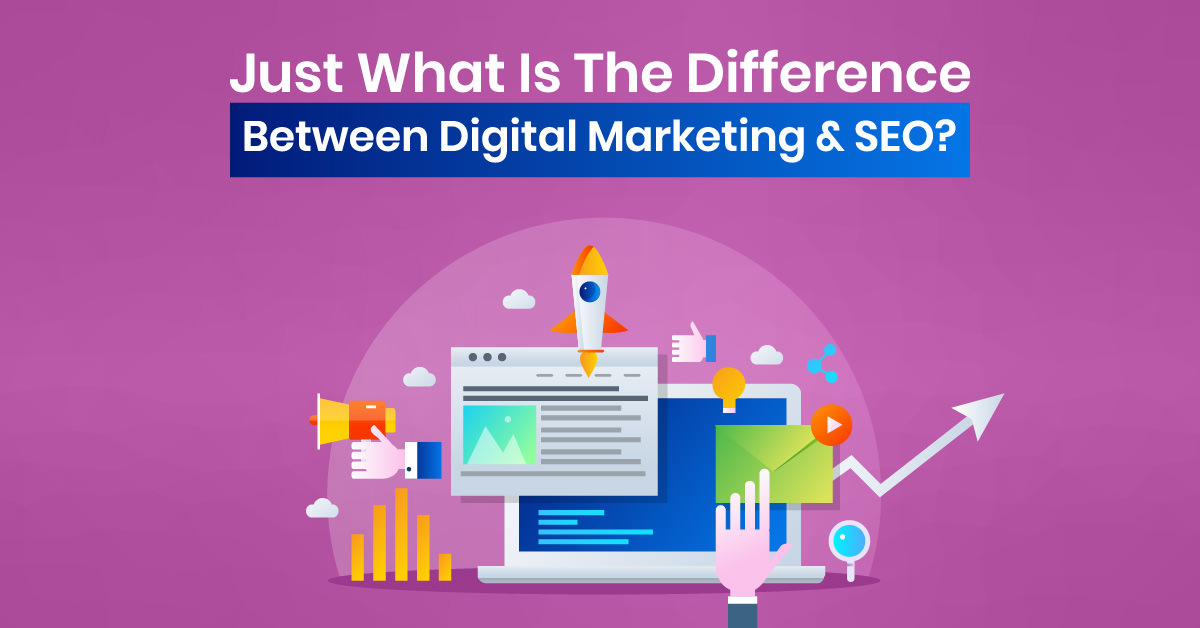

This is an online world we live in as the days of having an Internet presence as being optional are long behind us. If you want any chance of thriving, much less surviving, then no matter what field you are in you must have a strong working knowledge of how the online world works. This goes for SEO, SEM, and all forms of digital marketing. The goal is going to be the same, but the methods are often quite different. What works perfectly for one company or organization might not be the most efficient strategy for another.
While there are a lot of areas where these overlap, there are some major differences between each method of online marketing and it is important to understand those differences. Understanding each option thoroughly and how they are similar and how they differ will allow you to be that much more intelligent in your use of online tools to make your business shine.
What Is Search Engine Optimization (SEO)?
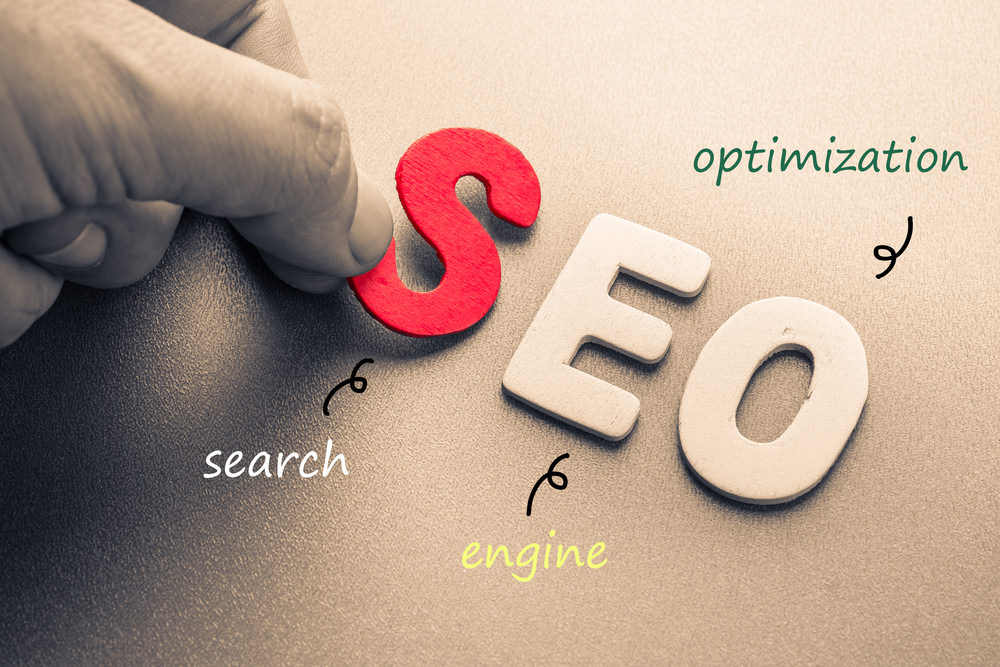
SEO is the backbone of most online campaigns and is a part of virtually every online marketing plan out there. There’s good reason for this, too. Whether a company has no budget and needs to build free traffic over time or they are a large company with a giant advertising budget that wants to supplement paid traffic with free organic traffic. Obviously clients, business, and money for nothing (or at least for the work that has already been put in and is now done and running passively) is a great return on investment. Not often you can build up a consistent ROI like that.
However, if you can rank in the top three in Google for most of the keywords you want to rank for, then that’s exactly what you’re going to get. SEO refers to any of the on-page, off-page, or technical aspects of a website that determines where they rank in Google. This can be an incredibly complex part of any online marketing campaign, especially since many of the exact tactics, techniques, and ranking factors can and will change over time. Five years ago having a mobile website didn’t matter and technical SEO was generally an afterthought. While Google talked about wanting high quality content they were still very hit and miss on delivering it.
Five years later technical SEO (SSL, proper schema, hosting speed, AMP mobile pages, etc.) is a very big deal, Google is great at measuring actual quality of writing, and your website better be mobile friendly if you want to get ranked at all.
Staying ahead in the SEO game means keeping up on everything that goes into how Google ranks websites and building up the type of website that Google will put above the competition. High rankings in Google means free traffic, free customers, and a website that is going to keep working for you even when you’re asleep.
SEO work is usually labor intensive as opposed to cash, or the money that’s spent on SEO is all about boosting the website in search engine rankings and is indirect. There’s no direct cash for traffic – that is where SEM digital marketing comes in.
What Is Search Engine Marketing (SEM) A.K.A. Digital Marketing
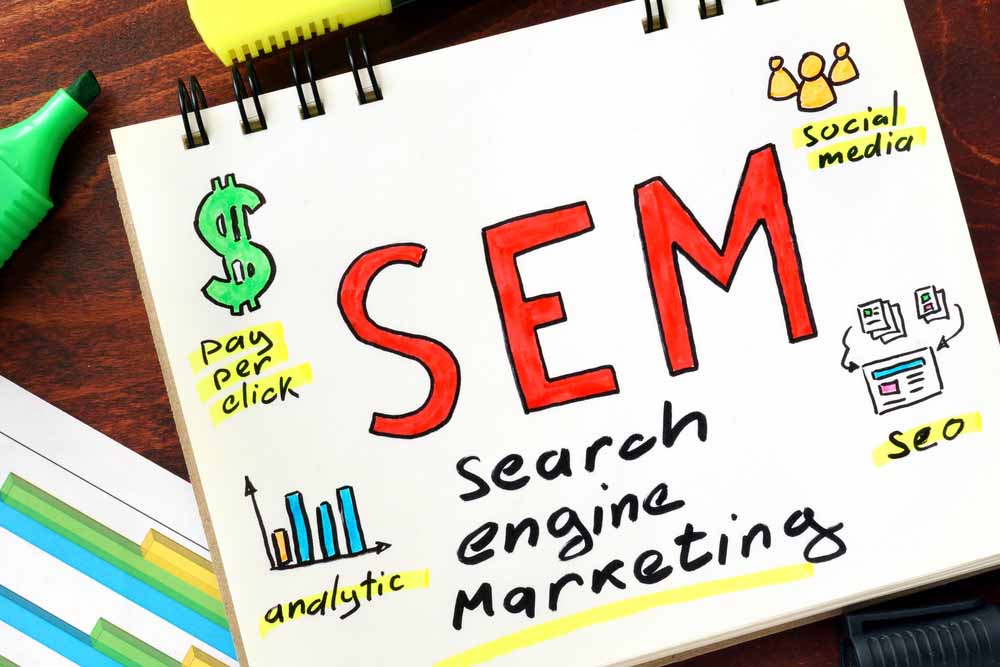
Search Engine Marketing, commonly referred to as SEM, as a general rule of thumb is any type of digital marketing that uses paid advertising in order to get clicks, visits, calls, sales, or attention of any type. Many people think of this as ad buying, and that’s a pretty accurate description. Google AdWords, Facebook advertising, YouTube advertising, social media advertising, sponsored posts, and paid advertising on niche sites in your industry are all prime examples of good SEM.
Generally speaking SEO is “free” work that builds up a website while SEM is direct traffic for pay. While this isn’t always the case, that is a good rule of thumb for telling the two apart. This type of digital marketing is a direct exchange of cash for online traffic. Whenever you’re looking at buying ads online to get more clients, customers, or even just attention then that falls under SEM.
At one point social media spending was rapidly moving as one of the most popular options, but the death of many once giant social media sites has funneled that wide scale spending down to a few more basic choices. However, it is still an important part of online advertising, and every organization or campaign needs to make sure they know what will give them the best returns. Instagram and Pinterest might be huge right now, but if you’re not in a heavily visual market those ad dollars can often be better spent elsewhere.
SEO Versus SEM
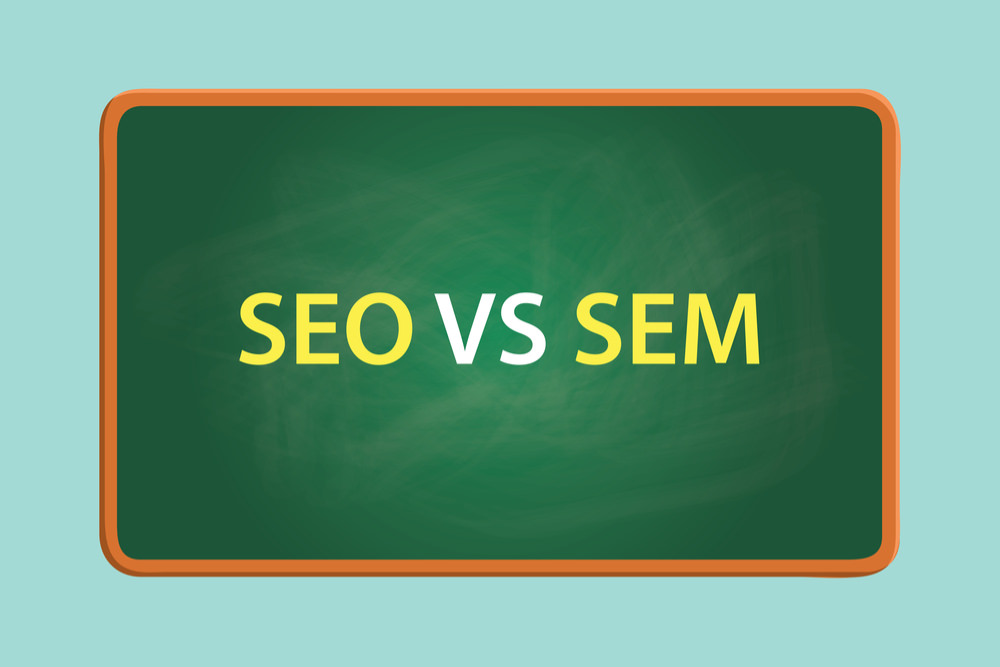
For many people diving into the online marketing world for the first time, this is one of the biggest and most important distinctions that need to be made. SEO focuses on ranking a website (or video or online property) high on Google and to a lesser extent other search engines, for all the major keywords that are going to be profitable for your company or cause. This is a long-term effort to get an online property drawing in traffic by itself. The benefit of SEO is that when it works, the returns keep on coming even after the major work and/or investment is done.
SEM is a little bit different. While SEO focuses on building up one property, SEM is all about sending traffic via direct payment. SEM will almost certainly involve a monthly budget and any type of direct advertising falls under that umbrella. Whether social media, video advertising, AdWords, or otherwise, it’s all SEM.
In Conclusion

While they may seem similar in name, and while both methods are crucial for online success in today’s competitive online business world, there are some clear and really distinct differences between the two. That is why it is so important to understand the pros and cons of both, how the two get traffic in very different ways, and why they can complement each other very effectively.
More Articles:
What You Need To Know About Digital Marketing in 2018
Digital Marketing Vs. Social Media

